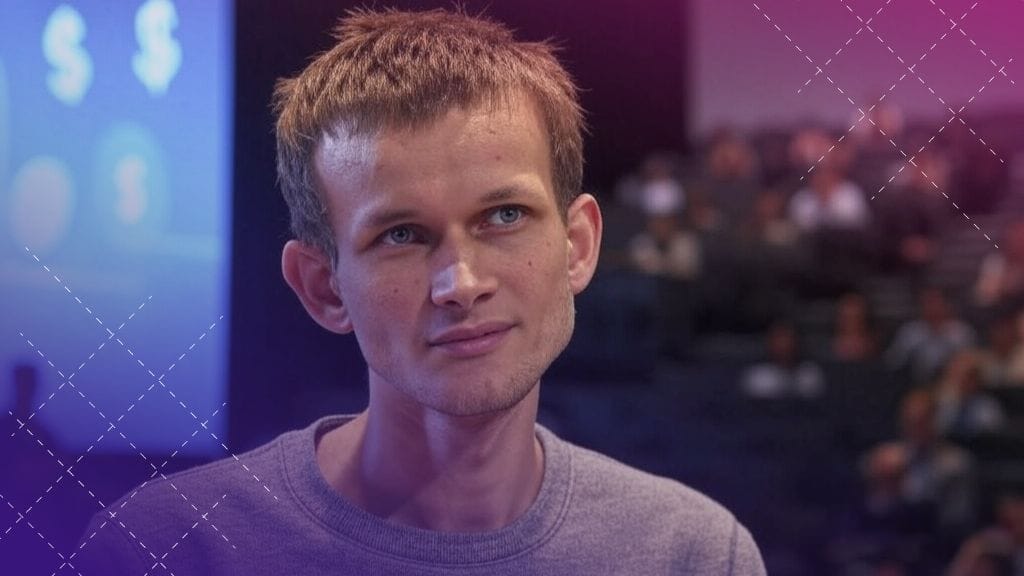Vitalik Buterin Pushes Low Risk DeFi to Anchor Ethereum Growth

Ethereum co-founder Vitalik Buterin has urged the network’s developers and users to prioritize low-risk decentralized finance protocols as a stable foundation for the ecosystem. In a blog post published Sunday, Buterin explains that these protocols, which include payments, savings, and fully collateralized lending, can generate consistent revenue to support broader applications on Ethereum. He stresses that this approach would allow experimental and non-financial projects to thrive without the pressure to produce short-term profits.
Buterin draws a parallel between low-risk DeFi and Google’s advertising revenue model, which formed the bulk of the company’s income in 2024 and enabled investments in diverse products like browsers and AI tools. Just as Google’s ad business funds initiatives that may not directly contribute to the bottom line but enrich its overall mission, low-risk DeFi could sustain Ethereum’s less commercial yet culturally vital applications. This structure would keep the network focused on long-term value rather than fleeting trends.
Stay In The Loop and Never Miss Important Crypto News
Sign up and be the first to know when we publishBuilding a Sustainable Core
Buterin recalls his earlier reservations about DeFi, noting that initial versions carried excessive risks from protocol vulnerabilities and speculative practices like yield farming on unproven assets. Events such as the 2022 Otherdeed NFT sale by Yuga Labs triggered massive gas fees due to bidding wars on inefficient smart contracts, highlighting how hype often overshadowed substance. Over time, however, improvements in security and regulatory clarity have marginalized these dangers, confining major losses to niche, high-risk corners of the space.
Today, Buterin observes, DeFi’s core operations have matured into reliable tools for everyday users seeking global access to assets like major currencies and bonds. Hacks still occur, but their impact has diminished as protocols harden against common exploits, with data showing Ethereum’s Layer 1 DeFi losses trending downward. For many people around the world, especially in regions with unstable traditional finance systems, the uncertainties in banks and markets now pose greater threats than those in well-audited DeFi setups.
This shift opens doors for Ethereum to serve as a neutral platform for positive economic activities, free from the ethical pitfalls of more sensational alternatives. Buterin points out that revenue sources should align with the network’s ethos, avoiding applications that might undermine its reputation for meaningful innovation. Low-risk DeFi fits this mold by facilitating permissionless transactions that benefit underserved communities, from Latin America to Southeast Asia, where crypto bridges gaps in conventional banking.
Looking ahead, Buterin envisions low-risk DeFi as a springboard for advanced features that blend financial and social elements. Reputation systems built on on-chain histories could enable undercollateralized loans, reducing reliance on over-pledged assets while rewarding trustworthy participants. Prediction markets might integrate seamlessly with lending protocols, creating hybrid tools for informed decision-making in uncertain environments.
Stable value mechanisms could also expand beyond dollar-pegged assets toward “flatcoins,” which maintain purchasing power against inflation in diverse economies. These evolutions would draw on Ethereum’s strengths in transparency and composability, fostering synergies with privacy tools and social protocols. Developers experimenting with these ideas already benefit from the steady fees generated by basic DeFi functions, creating a virtuous cycle of growth.
Buterin’s call resonates amid Ethereum’s ongoing evolution, where Layer 2 solutions handle high-volume trading and the base layer focuses on secure, high-value settlements. Stablecoins and cross-border payments have quietly become major fee drivers, underscoring the viability of his vision. As the network matures, this emphasis on reliability could attract institutional players wary of volatility, solidifying Ethereum’s role in global finance.
The post wraps with a nod to the collaborative spirit behind Ethereum’s progress, crediting feedback from figures like Aave founder Stani Kulechov. Low-risk DeFi not only bolsters the economy today but also paves the way for applications that enhance privacy and social connectivity. In this balanced framework, Ethereum positions itself as a force for equitable access, one secure transaction at a time.

